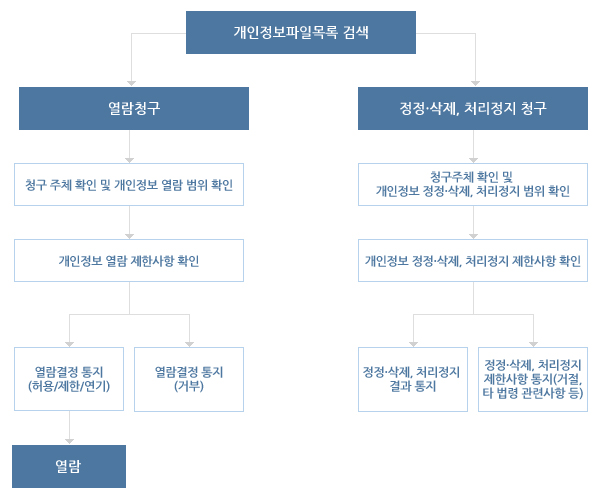Leadership
Election of the Speaker and Deputy Speaker
- Speaker and Deputy-Speaker of the National Assembly shall be elected by the National Assembly by secret ballot, securing the votes of a majority of all the Members. (Article 15 of the National Assembly Act)
- If no one secures a majority of votes, a second vote shall be taken. (Article 15 of the National Assembly Act)
- If no one secures a majority of votes in the second vote, a final vote shall be taken for the one who has obtained the largest number of votes and the one who has obtained the second largest number of votes in the event only one has obtained the largest number of votes; or for those who have obtained the largest number of votes in the event two or more persons have obtained the largest number of votes; and the person elected shall be the one who has obtained the concurrent votes of a majority of the Members present under an attendance of the majority of all the Members on the register. (Article 15 of the National Assembly Act)
- In the event of a vacancy in the office of the Speaker or Deputy-Speaker, or in both offices, a special election shall be held without delay. (Article 16 of the National Assembly Act)
Term of the Speaker and Deputy Speaker
- The term of the Speaker and Deputy-Speaker shall be two years. (Article 9 of the National Assembly Act)
- A Speaker or Deputy-Speaker elected by a special election shall hold office for the remainder of his or her predecessor’s term. (Article 9 of the National Assembly Act)
Prohibition of Retaining Party Register by Speaker
- When a Member is elected as the Speaker, he or she shall not be registered in any party from the date next to that on which he or she is elected, and throughout his or her term of office. (Article 20-2 of the National Assembly Act)
- When the Speaker who has left a party registry has completed his or her term of office, he or she shall return to the political party to which he or she had belonged before taking office. (Article 20-2 of the National Assembly Act)
Duties of Speaker
- The Speaker shall represent the National Assembly, regulate its proceedings, maintain order, and supervise its affairs. (Article 10 of the National Assembly Act)
Acting for Speaker
- In the event the Speaker cannot carry out the duties of his or her office, the Deputy-Speaker designated by the Speaker shall act for him or her. (Article 12 of the National Assembly Act)
- The Deputy Speaker acting for the Speaker shall have the same powers as the Speaker.
- In the event both the Speaker and Deputy-Speaker cannot carry out their duties, the Speaker pro tempore shall be elected to act for the Speaker. (Article 13 of the National Assembly Act)
- The Speaker pro tempore shall be elected by secret ballot, and the elected shall be one who has obtained the concurrent votes of a majority of the Members present under an attendance of a majority of all the Members on the register. (Article 17 of the National Assembly Act)
- Regarding a public notice to convene an extraordinary session after the general election for the members of the National Assembly before the election of the Speaker and Deputy-Speaker, the Secretary General shall act for the Speaker. The same shall apply when the Speaker and Deputy-Speaker are not elected due to unavoidable reasons, before the term of the Speaker or Deputy-Speaker, elected for the National Assembly’s first half term, expires. (Article 14 of the National Assembly Act)


